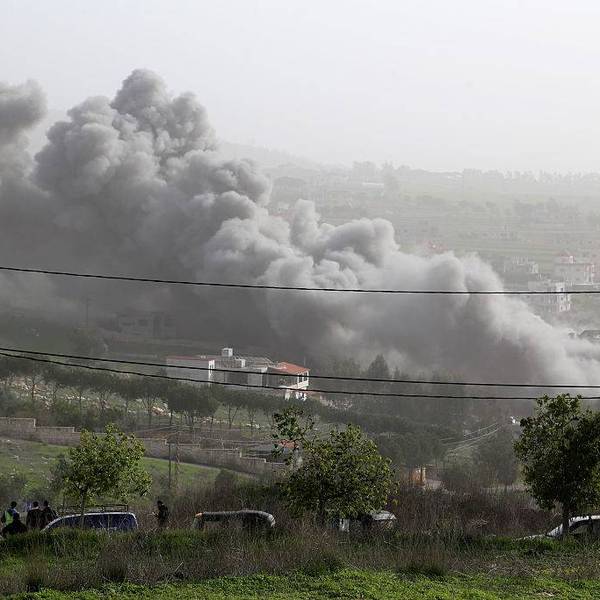The Russian government, one of Syria's staunchest and most powerful allies, added its voice to those calling for the government of Bashar al-Assad to give the UN investigative team that recently arrived in the country access to the site of an alleged chemical weapons attack that took place earlier this week in the eastern suburbs surrounding Damascus.
A statement from its foreign ministry on Friday said that Russia was calling "on the Syrian government to co-operate with the UN chemical experts" and later the Russian Foreign Minister Sergei Lavrov demanding an "objective investigation" into the incident.
As Al-Jazeera reports:
The Syrian opposition has alleged that President Bashar al-Assad's government on Wednesday fired rockets with chemical warheads into the Damascus suburbs of Arbeen, Zamalka and Ein Tarma. The attack reportedly left hundreds dead.
The opposition said on Friday that it would ensure the safety of the UN chemical weapons inspectors in areas under their control and stressed that it was critical that the inspectors reached the site of the alleged attack within 48 hours.
Meanwhile China, another Syrian ally, has said that no side should rush to pre-judge the results of any probe by UN chemical weapons experts in Syria.
A statement from the office of United Nations chief Ban Ki-Moon also announced on Friday that the UN's Under Secretary General Angela Kane was on her way to Damascus in order to hold talks and with hopes that the Assad regime would permit investigators to proceed with an official inquiry.
The intention of the UN, said the statement, would be to "conduct a thorough, impartial and prompt investigation on the reports of the alleged use of chemical weapons during these attacks."
"The Secretary-General urges the Syrian authorities to respond positively and promptly to his request without delay,' it said, while also calling on Syria's opposition leaders to cooperate.
Speculation over the incident and its possible implications, however, remained steady. Despite the horrific and compelling photographic and video evidence of what are clearly dead and wounded Syrian civilians--including young children--journalist Patrick Cockburn was among those who expressed caution this week, writing in his Thursday column the importance of acknowledging that the civil war in Syria has also been paralleled by a "propaganda campaign" on both sides and that in this case, "the Syrian opposition has every incentive to show the Syrian government deploying chemical weapons in order to trigger foreign intervention."
However, Cockburn said, the idea that the deaths are the result of a conspiracy by the anti-Assad opposition forces or the Free Syrian Army should also be held in check.
"The obvious fact that for the Syrian government to use chemical weapons would be much against their own interests does not prove it did not happen," he said. "Governments and armies do stupid things."
As Common Dreams reported Thursday, the growing push for Western military intervention--despite profound concern for civilian lives and human rights abuses--was criticized as short-sighted and counter-productive by regional experts, peace advocates, and even top military officials.
That call for intervention, though well-represented in the U.S Congress, is currently loudest among European nations opposed to the Assad regime, including France and Britain, whose foreign secretary William Hague pushed aside caution over the available facts and accusing the Syria government directly for the attacks. "It seems the Assad regime has something to hide," Hague said. "Why else have they not allowed the UN team to go there?"
President Obama also weighed in on the subject Friday, calling the allegations of chemical weapons deployment an issue of "grave concern" though he expressed less certainty about events than Hague.
"There is no doubt that when you start seeing chemical weapons used on a large scale - and, again, we're still gathering information about this particular event, but it is very troublesome," said the president in an interview on CNN on Friday.
But in what will be at least small (and/or temporary) comfort to those warning against more overt U.S. military involvement, Obama also described why being cautious was necessary.
"Sometimes what we've seen is that folks will call for immediate action, jumping into stuff that does not turn out well, gets us mired in very difficult situations, can result in us being drawn into very expensive, difficult, costly interventions that actually breed more resentment in the region," he said.
____________________________________________



